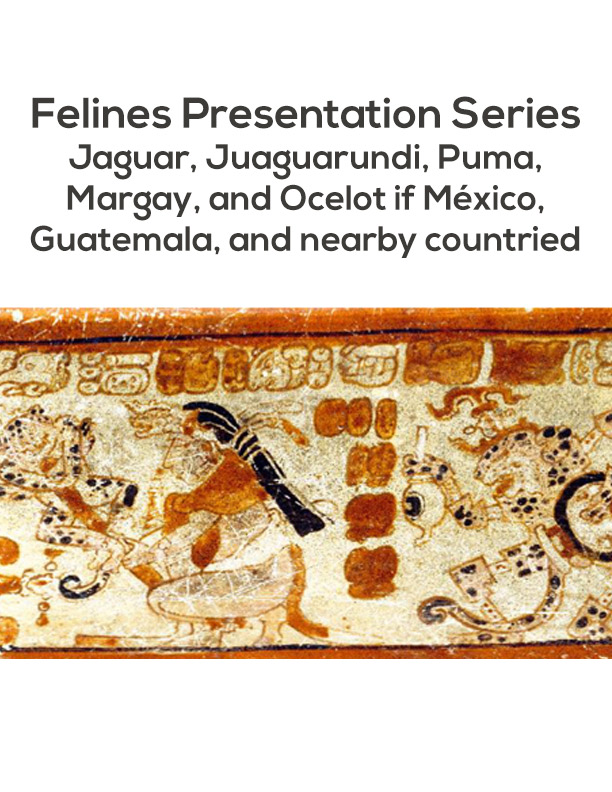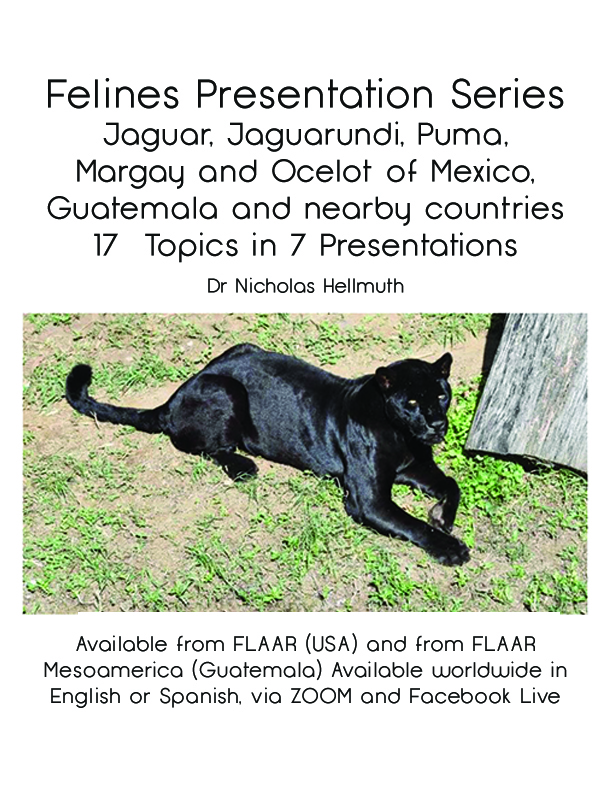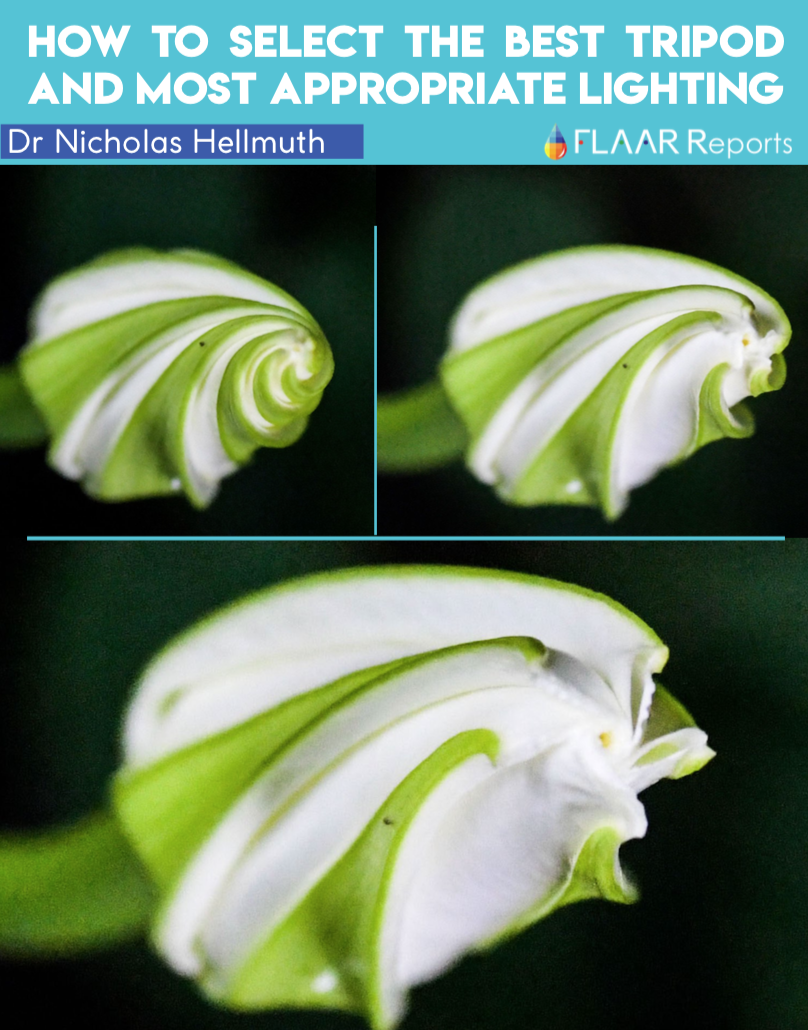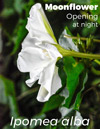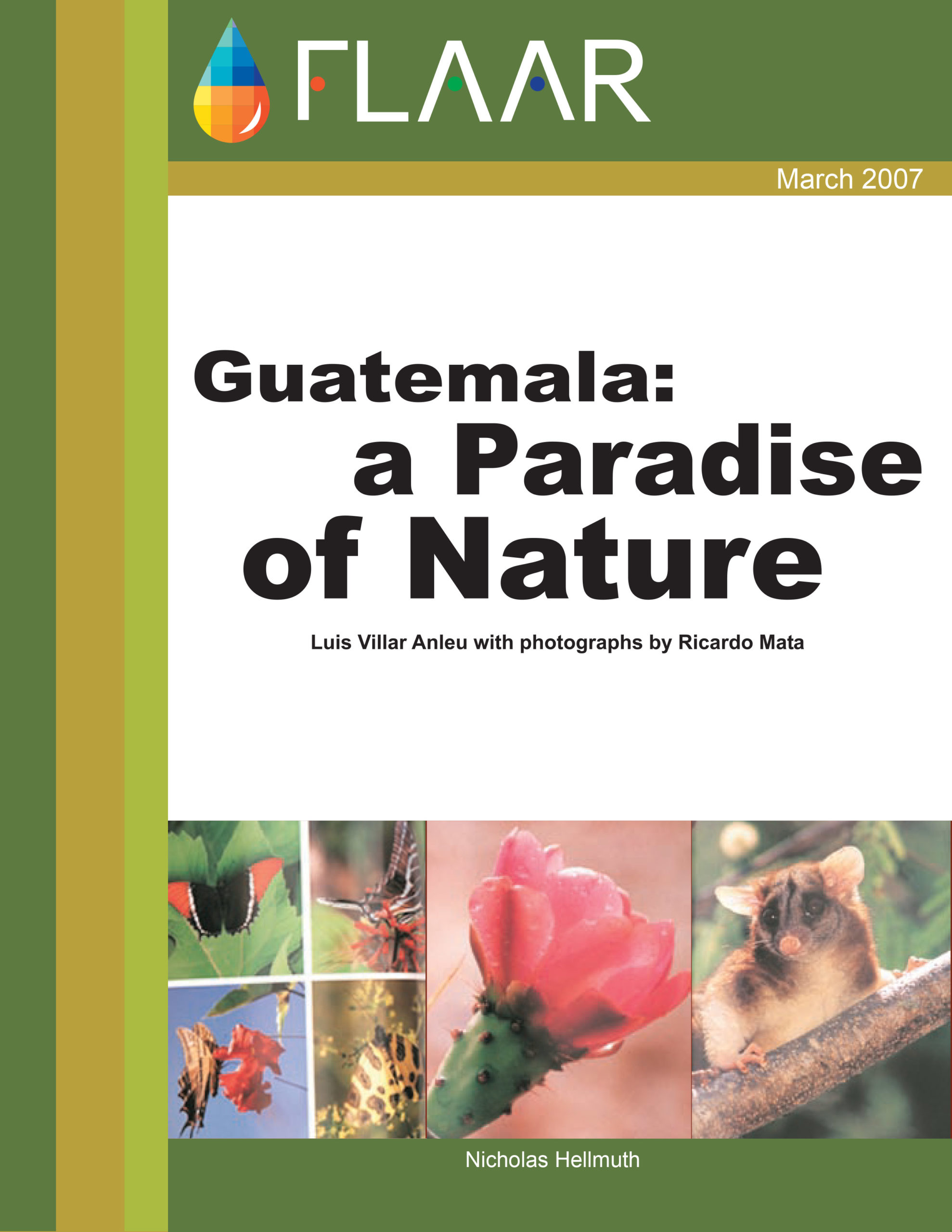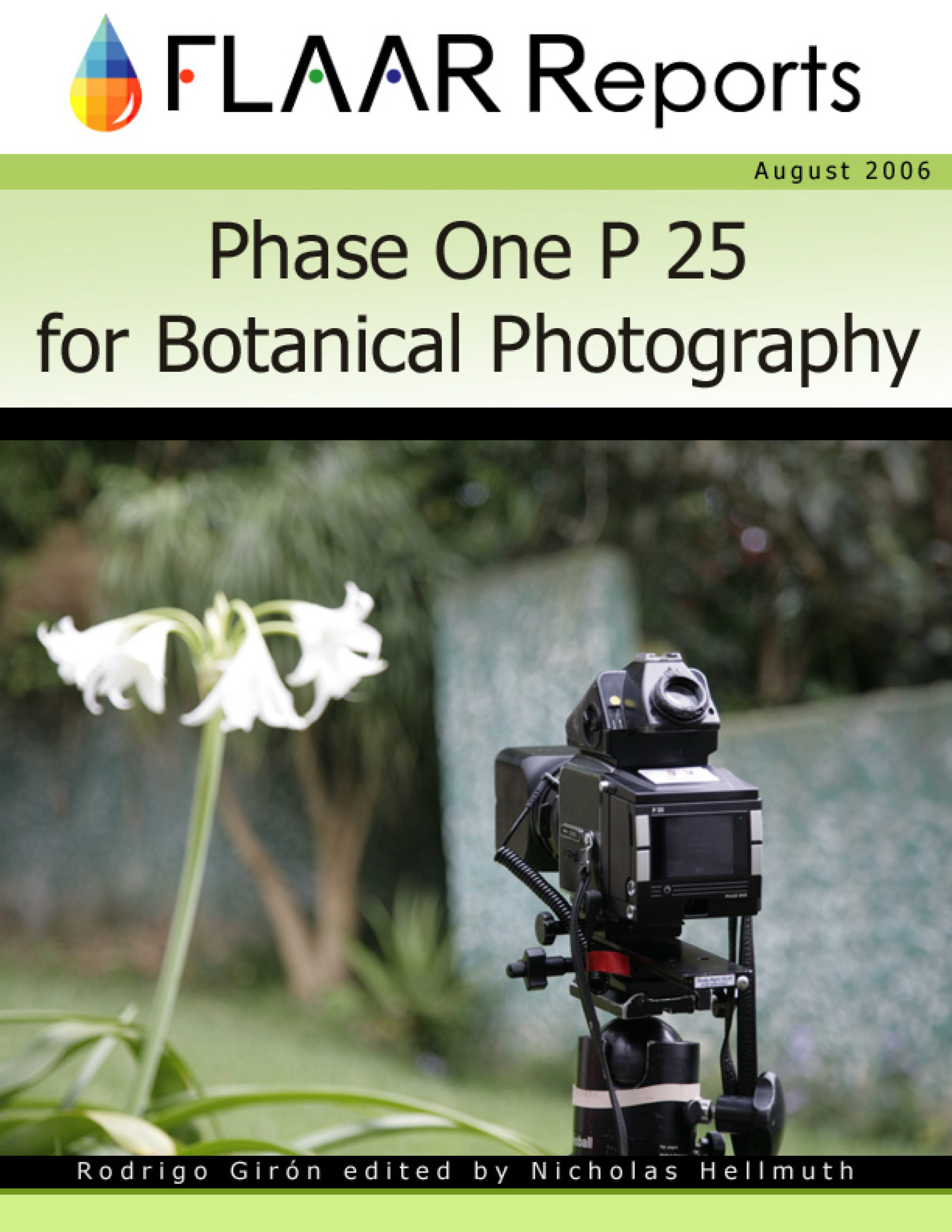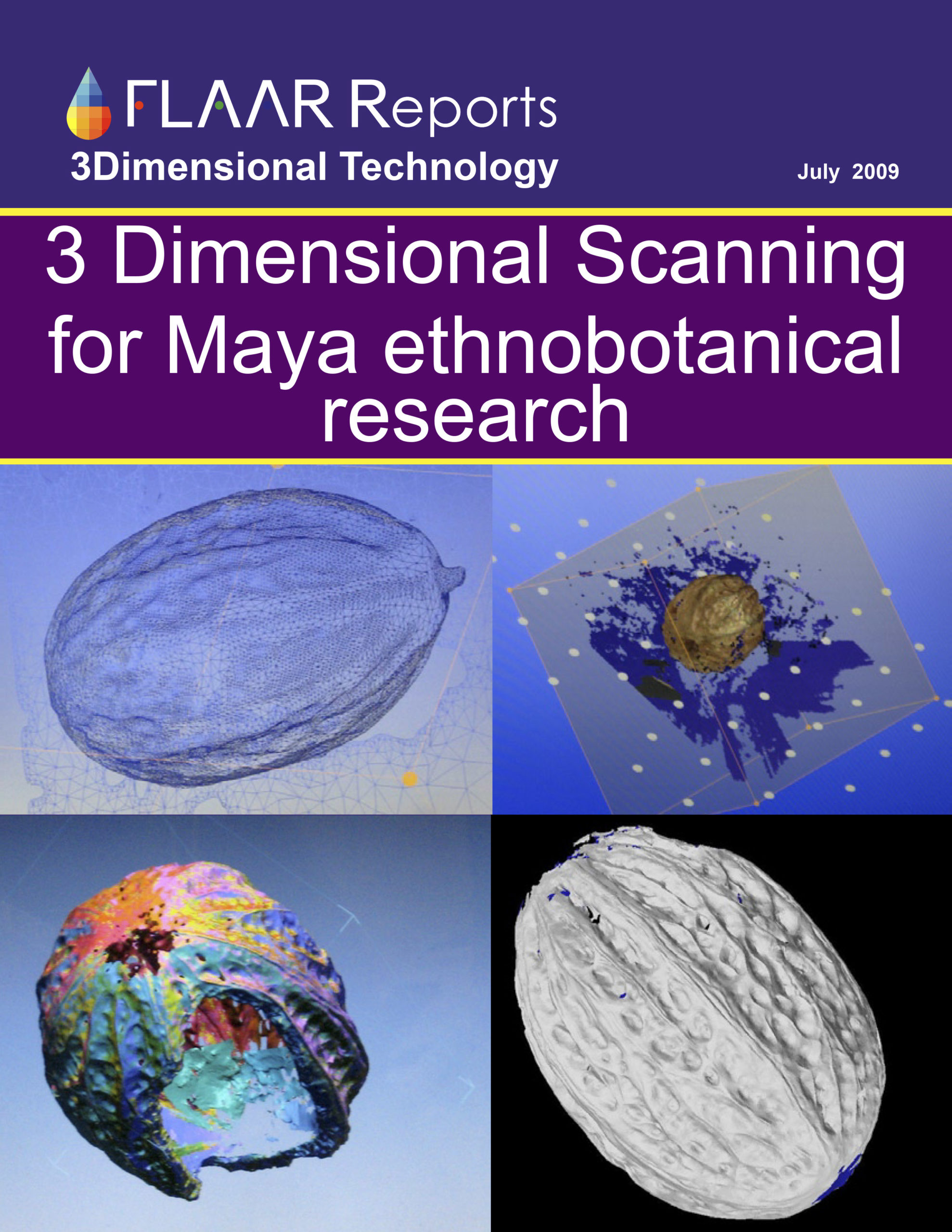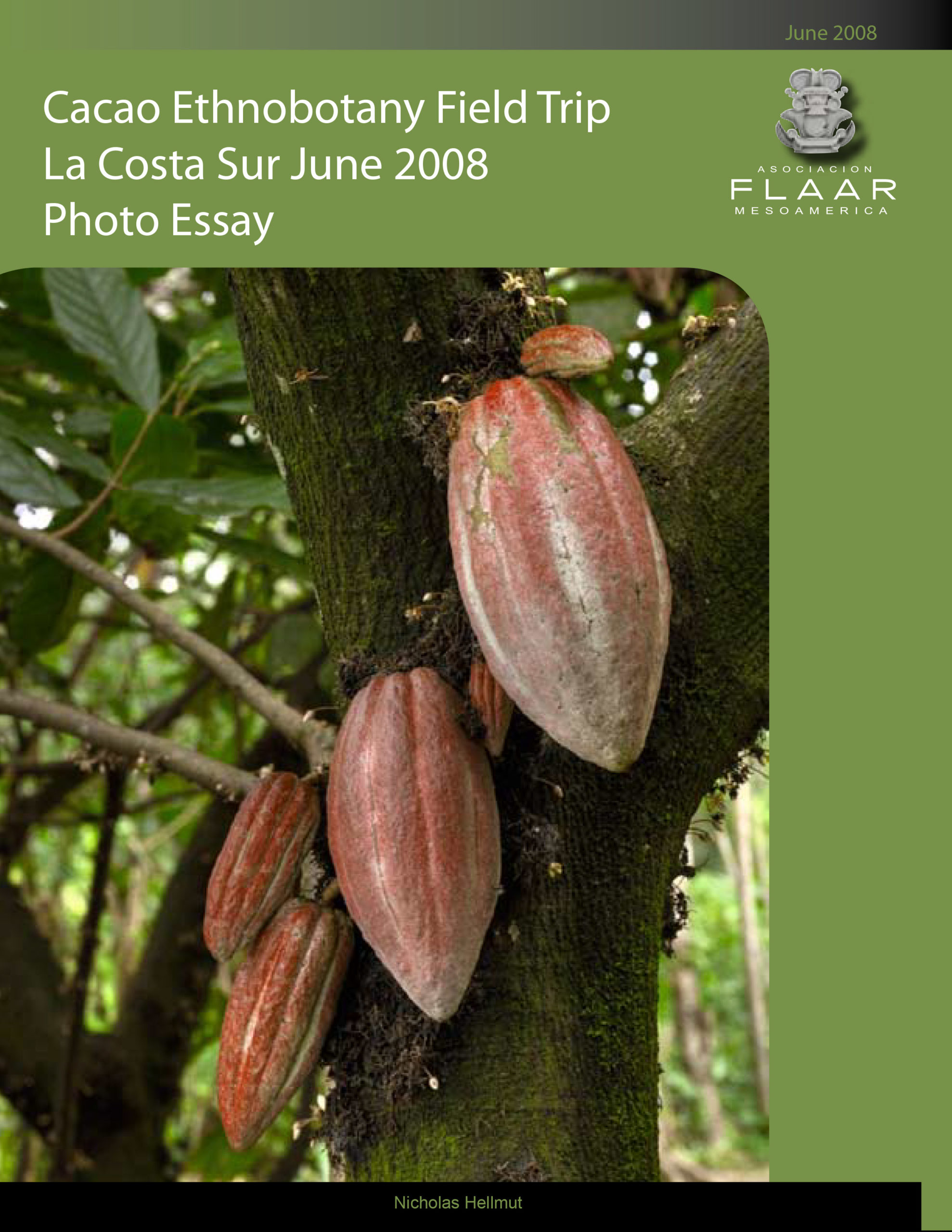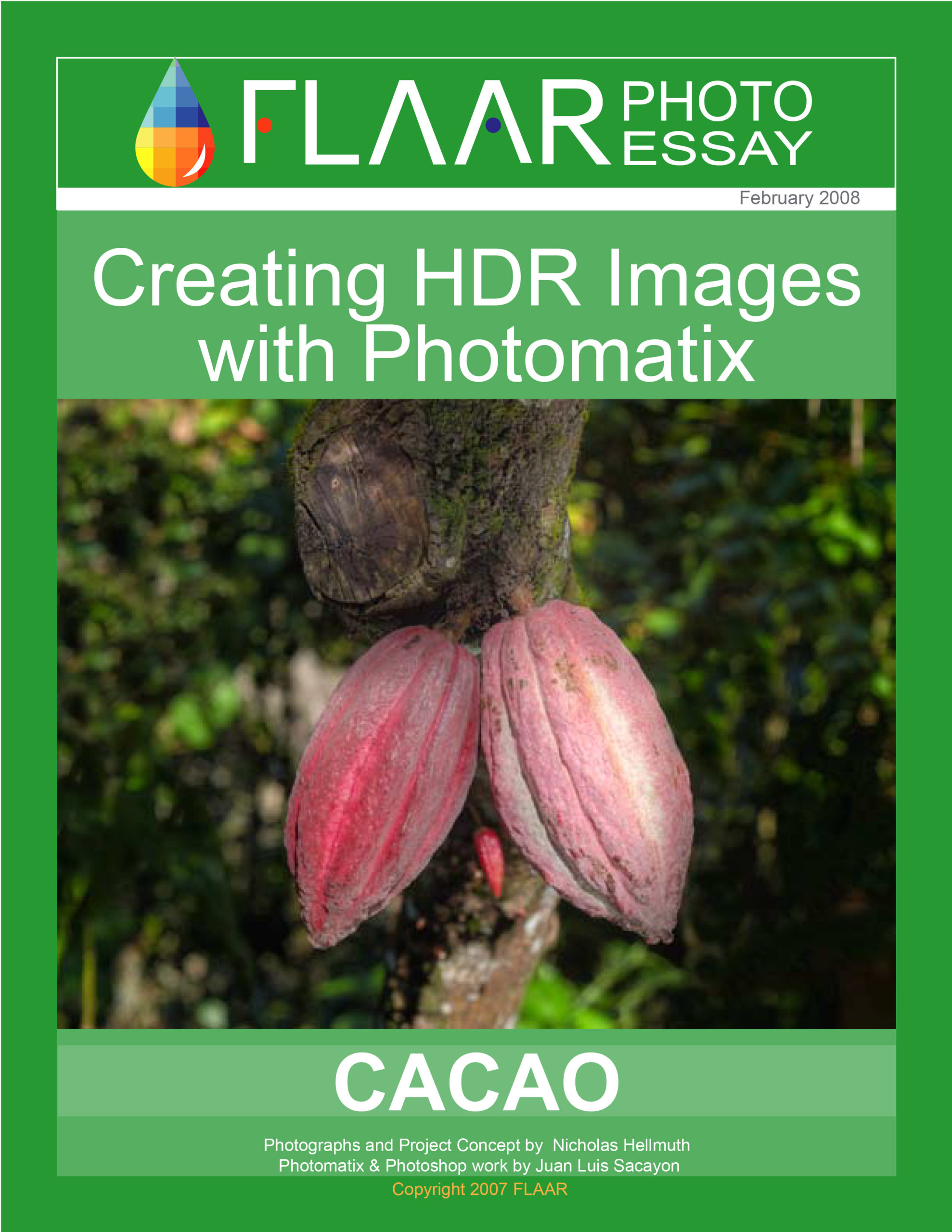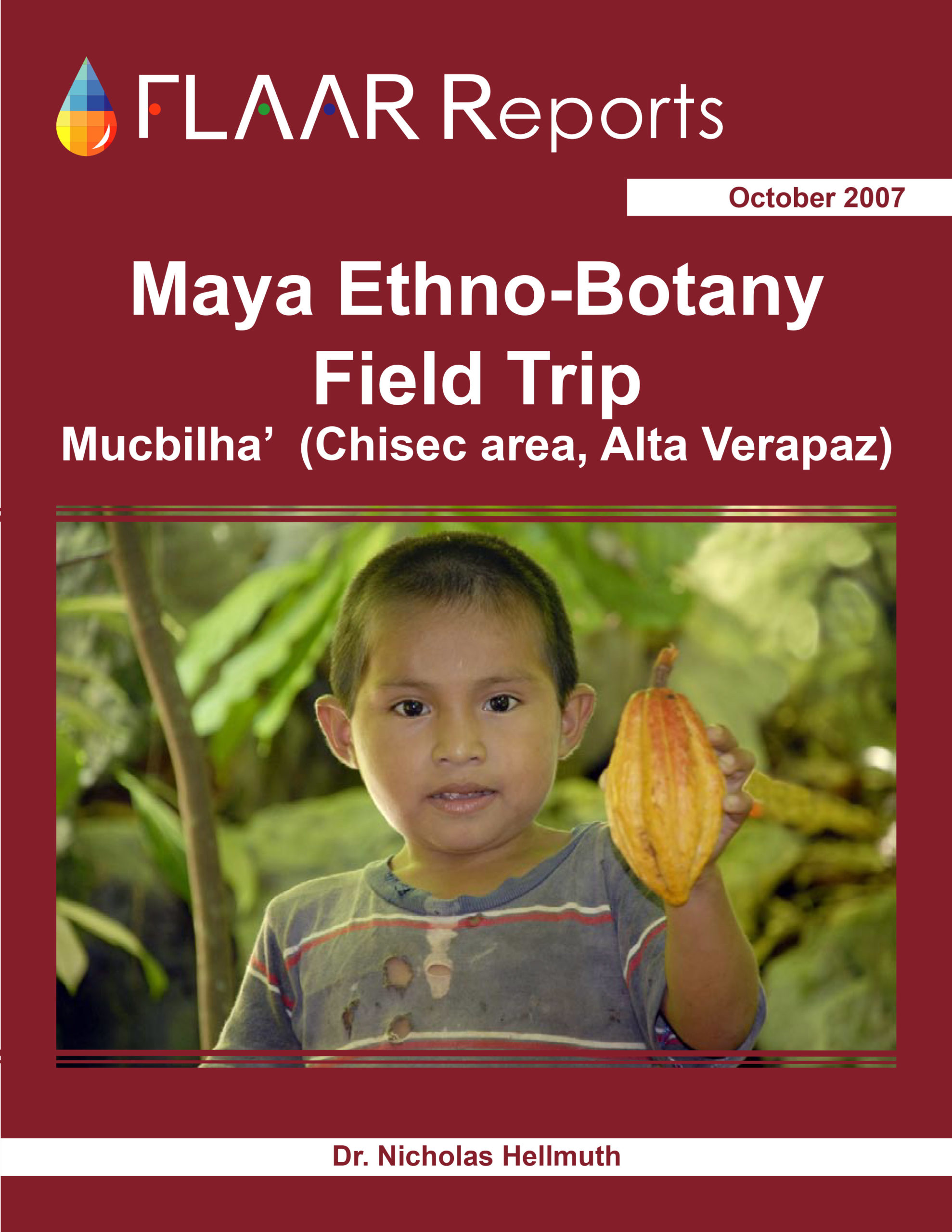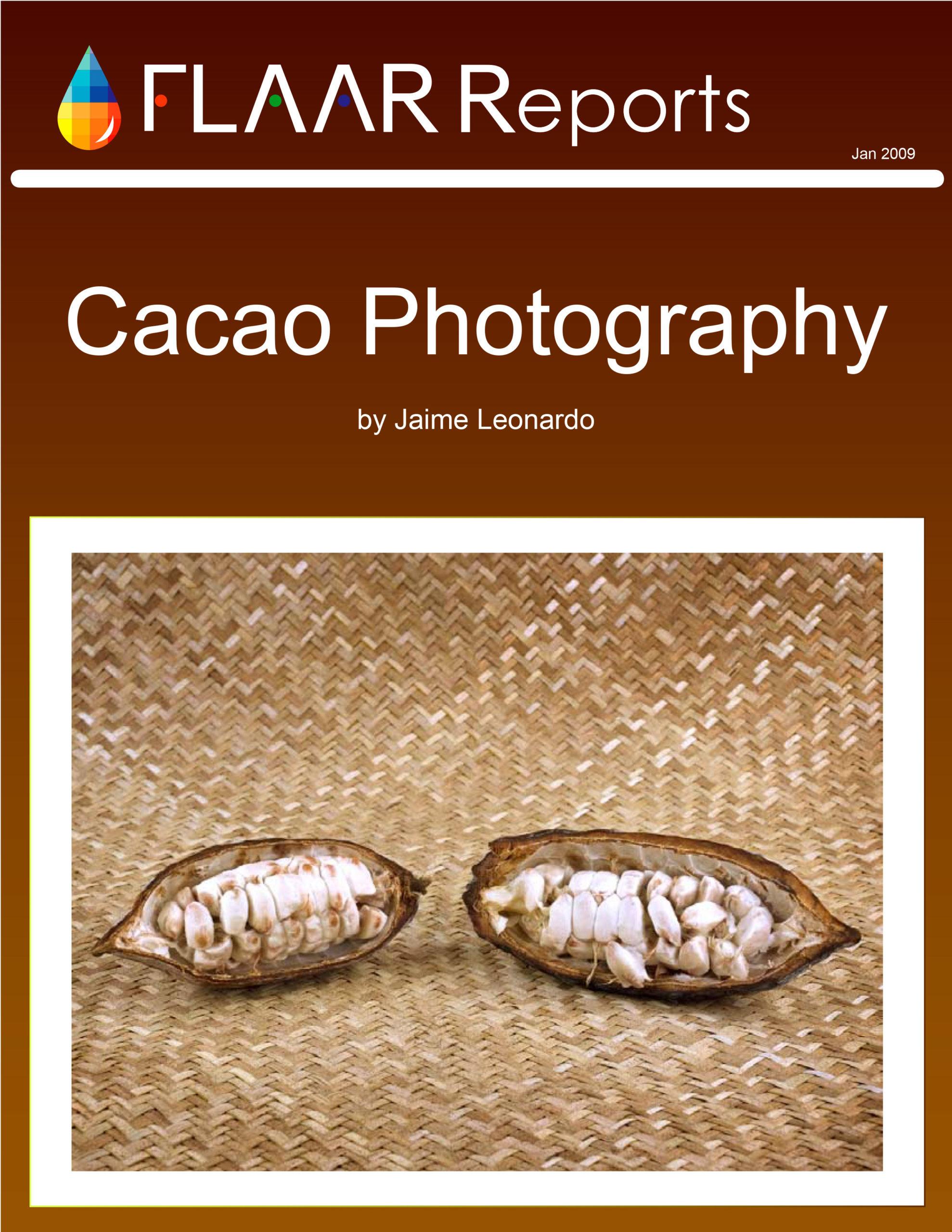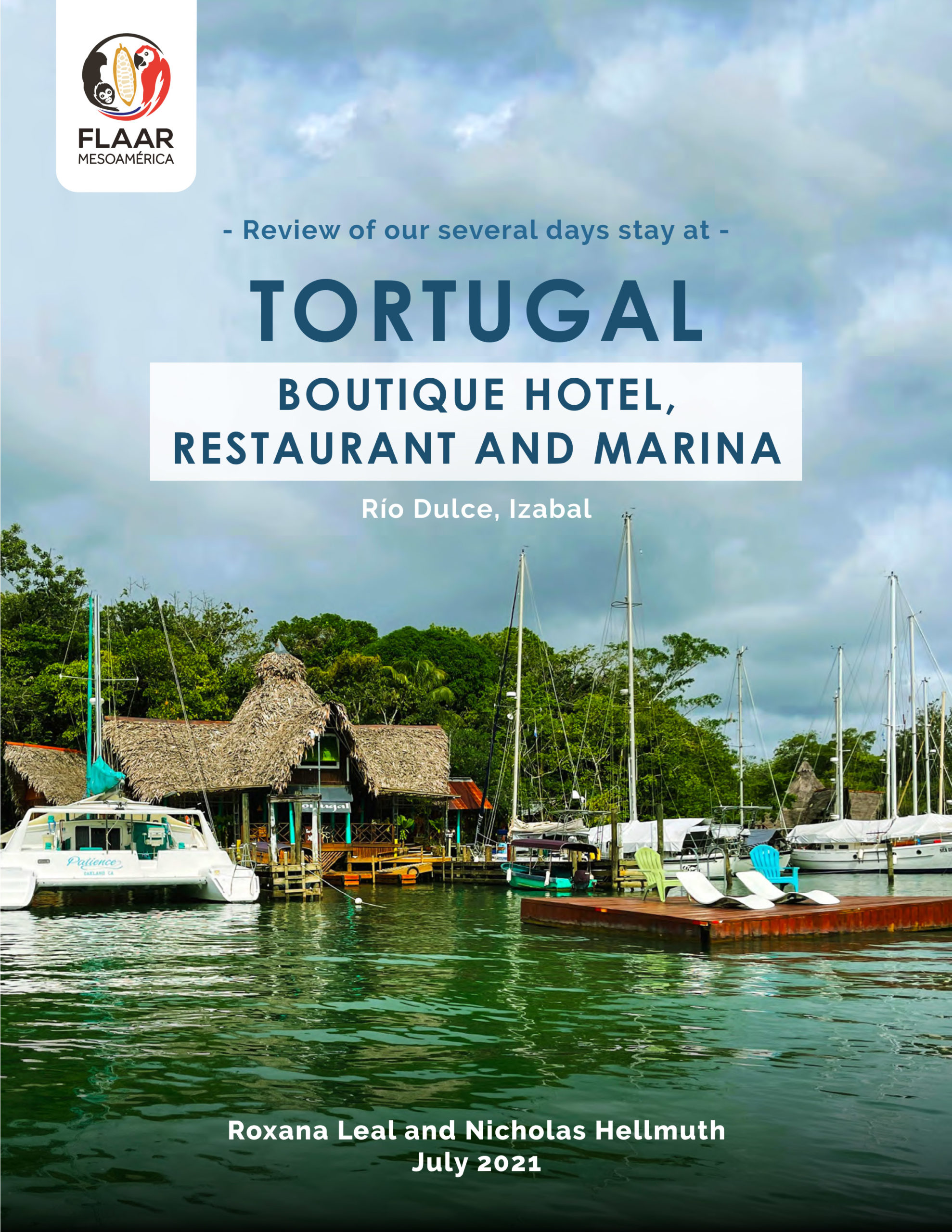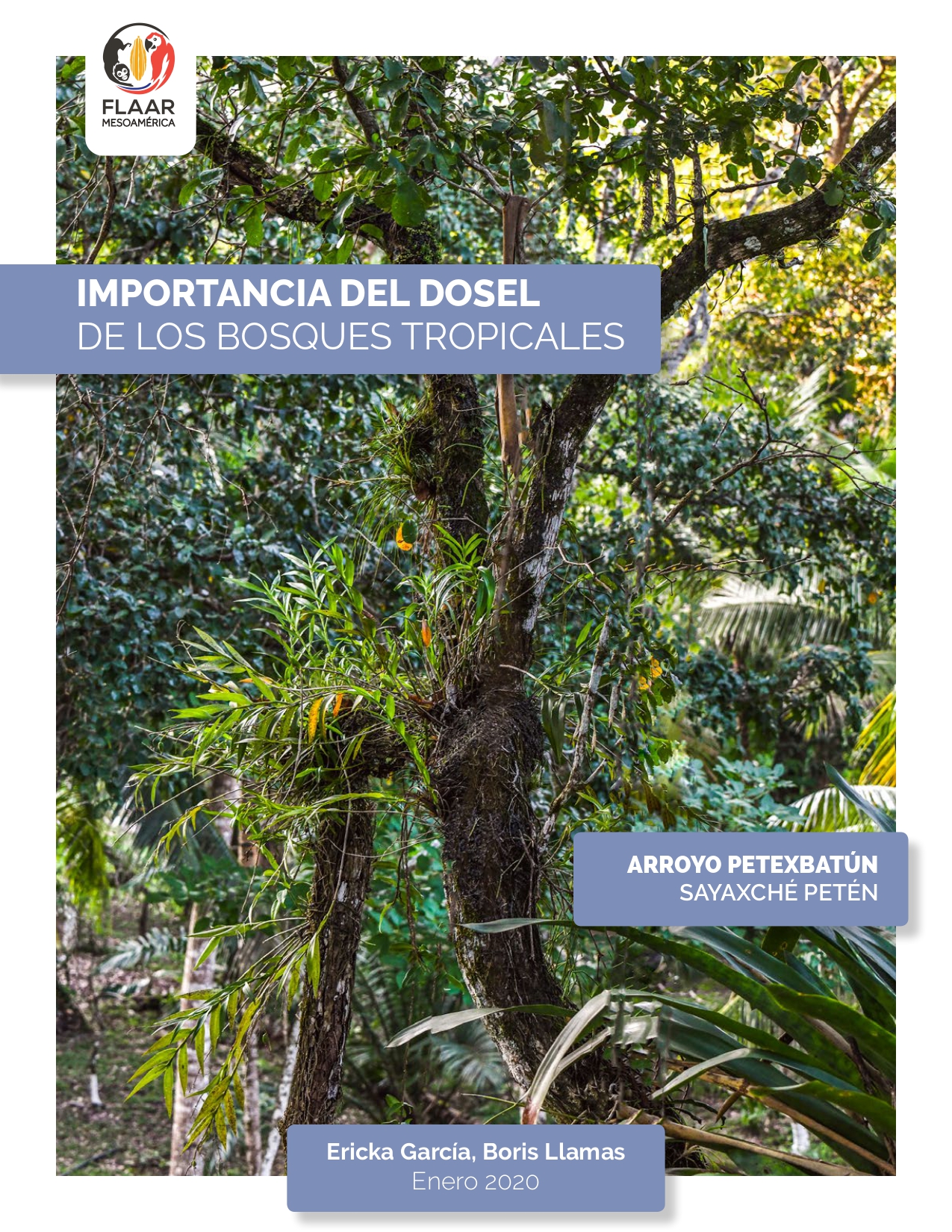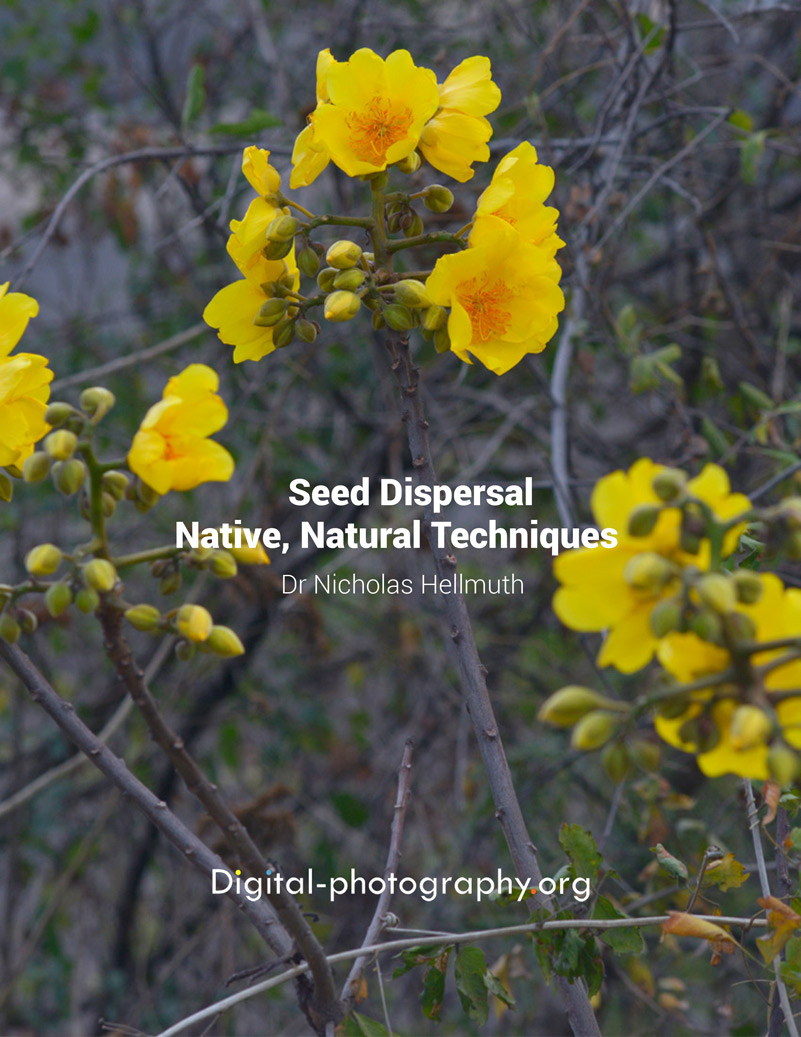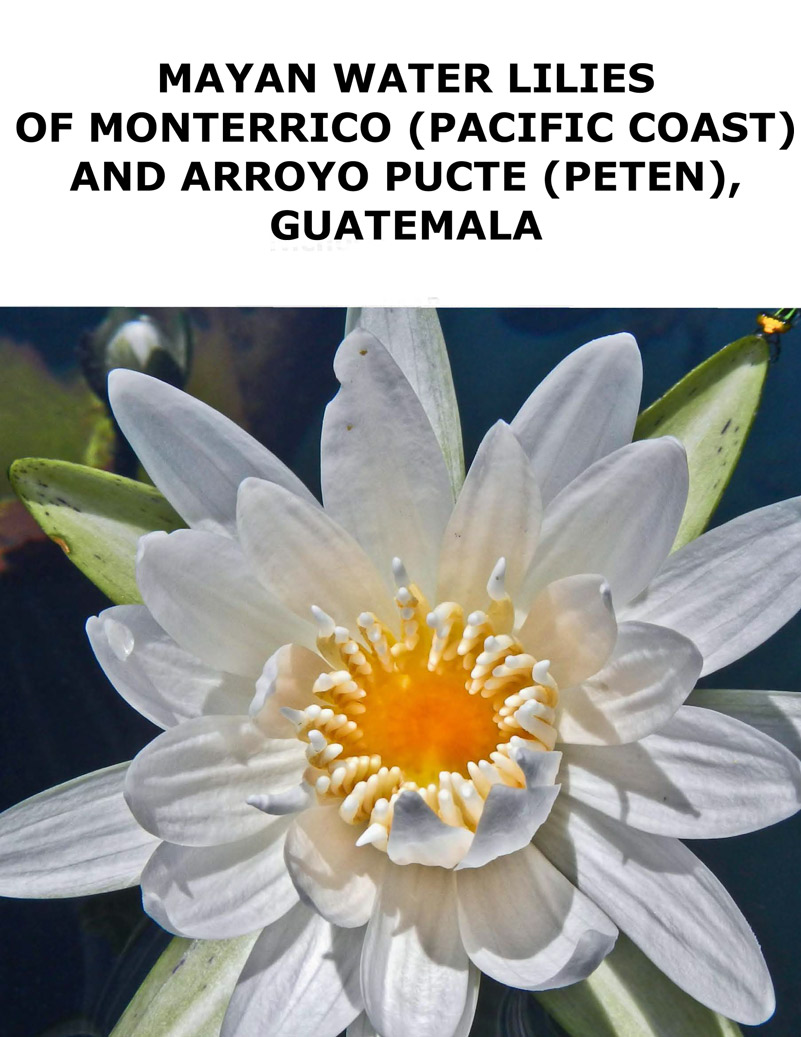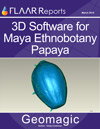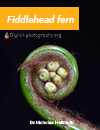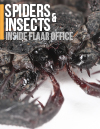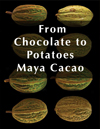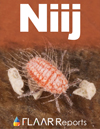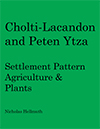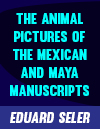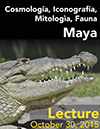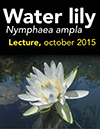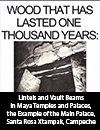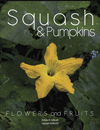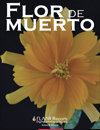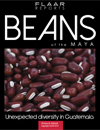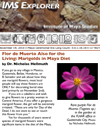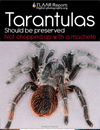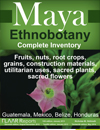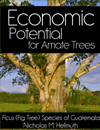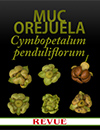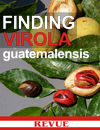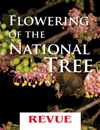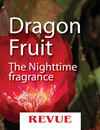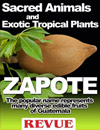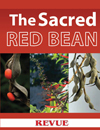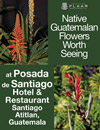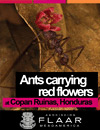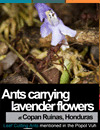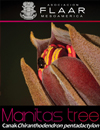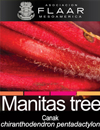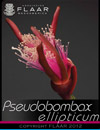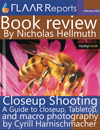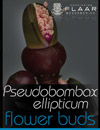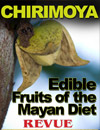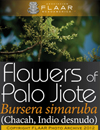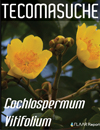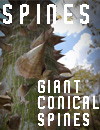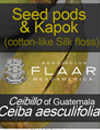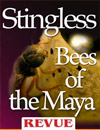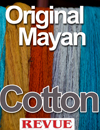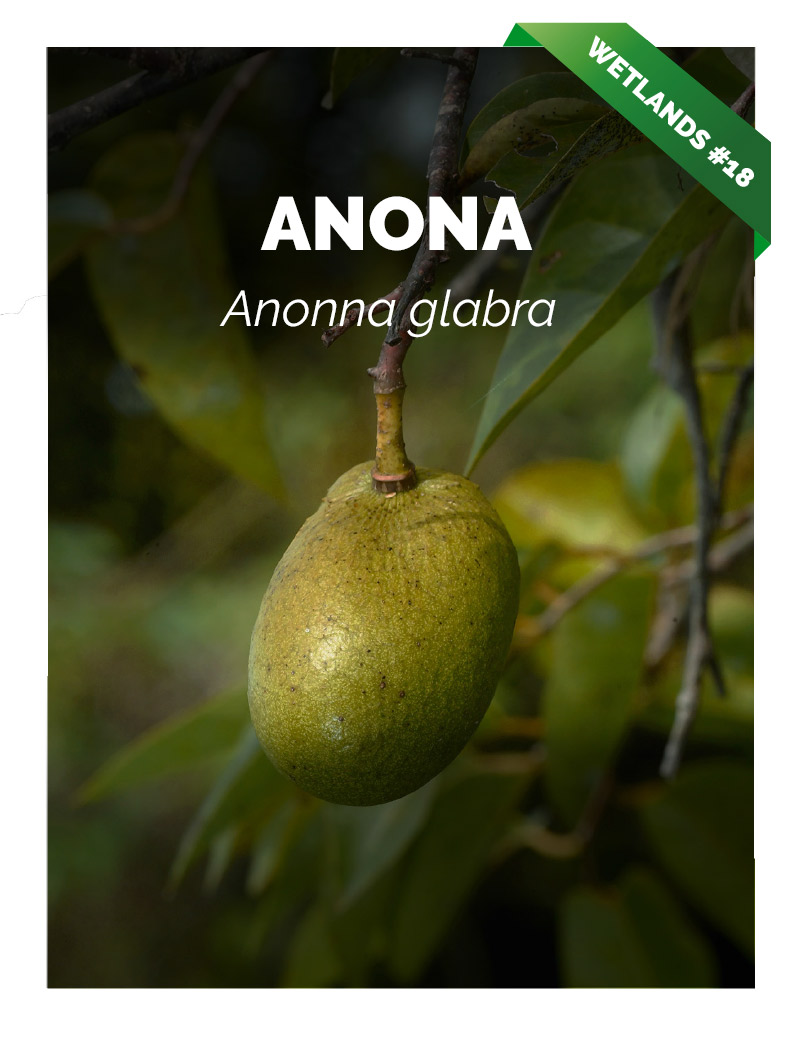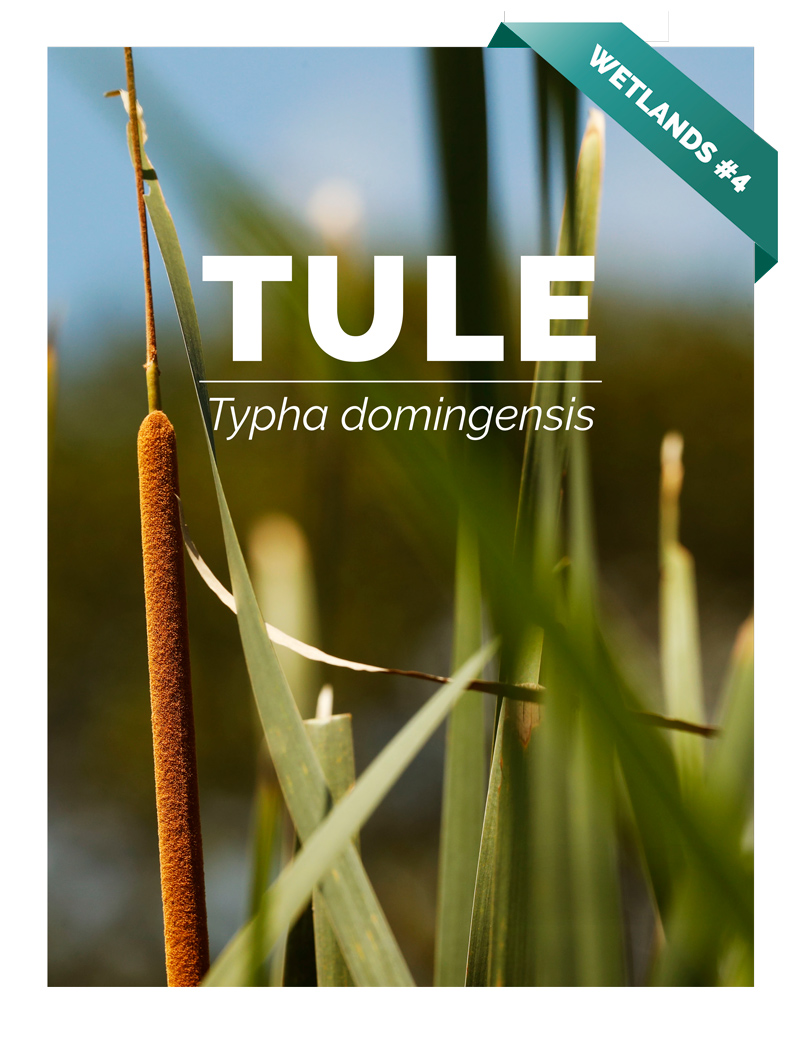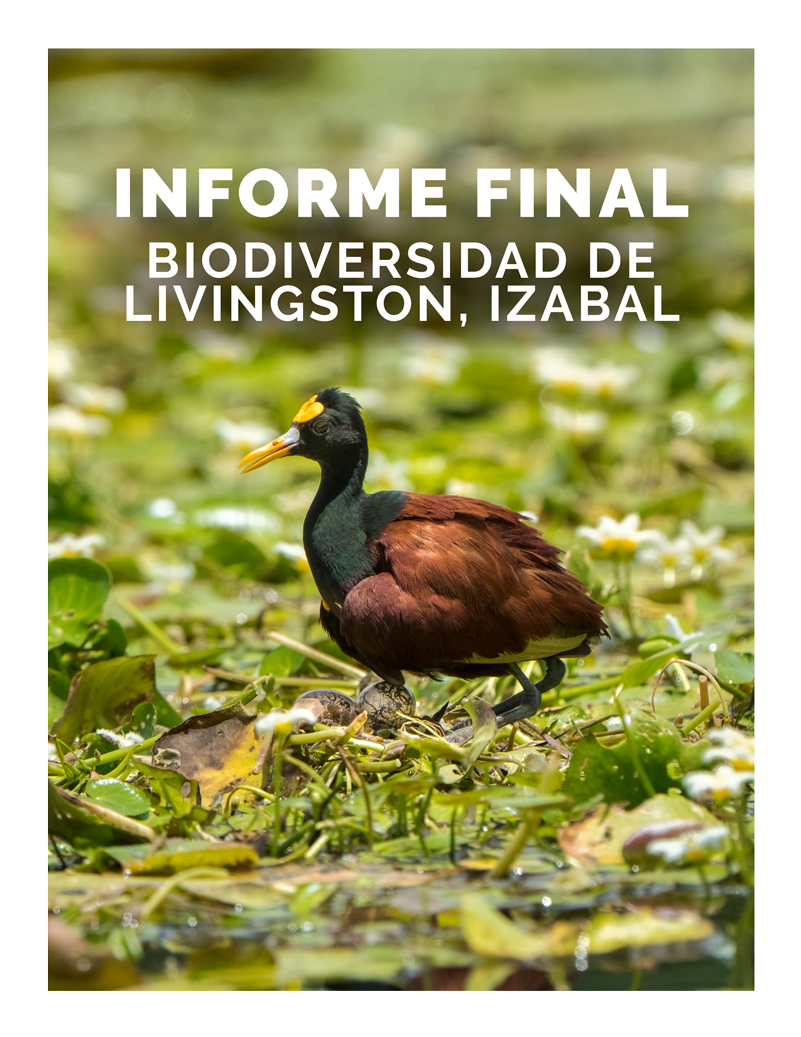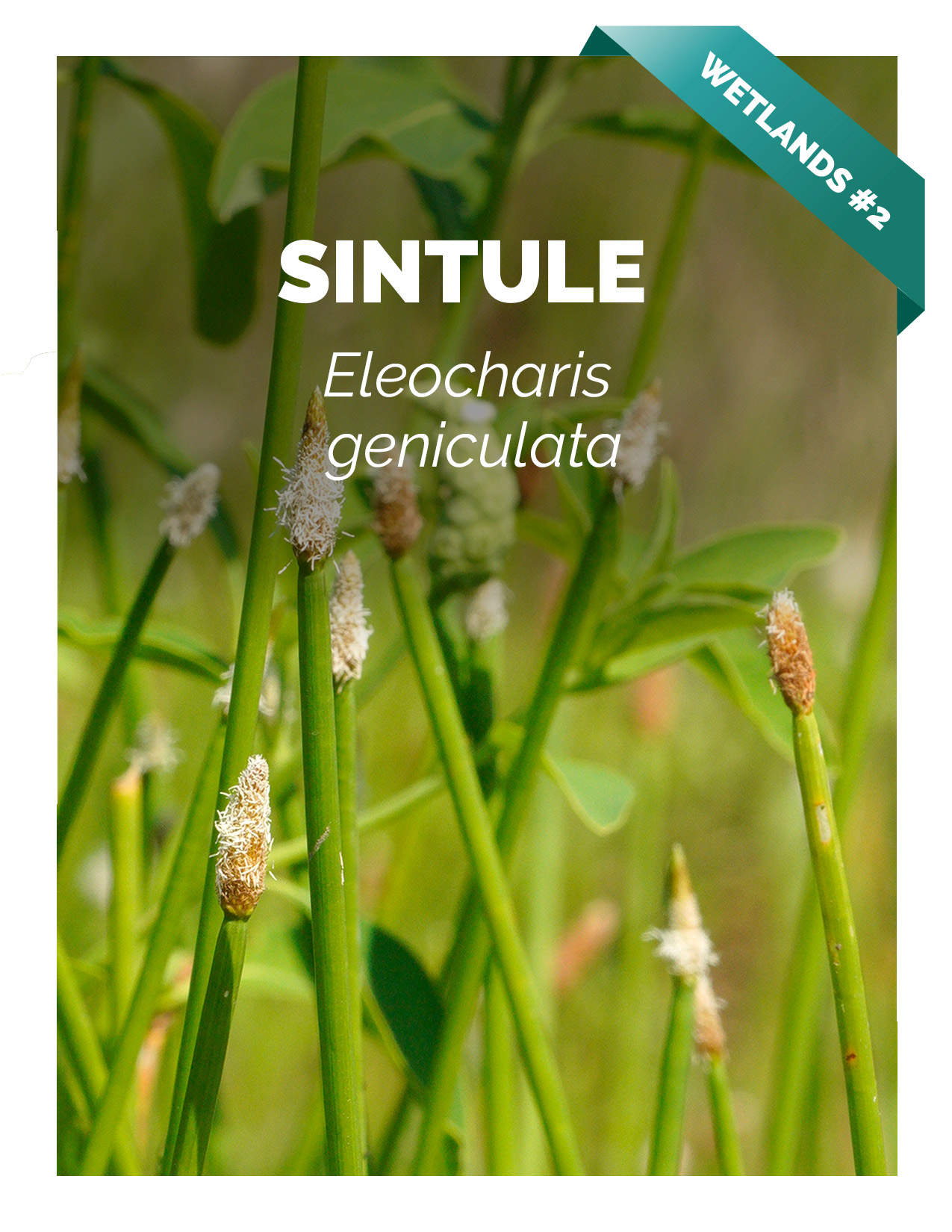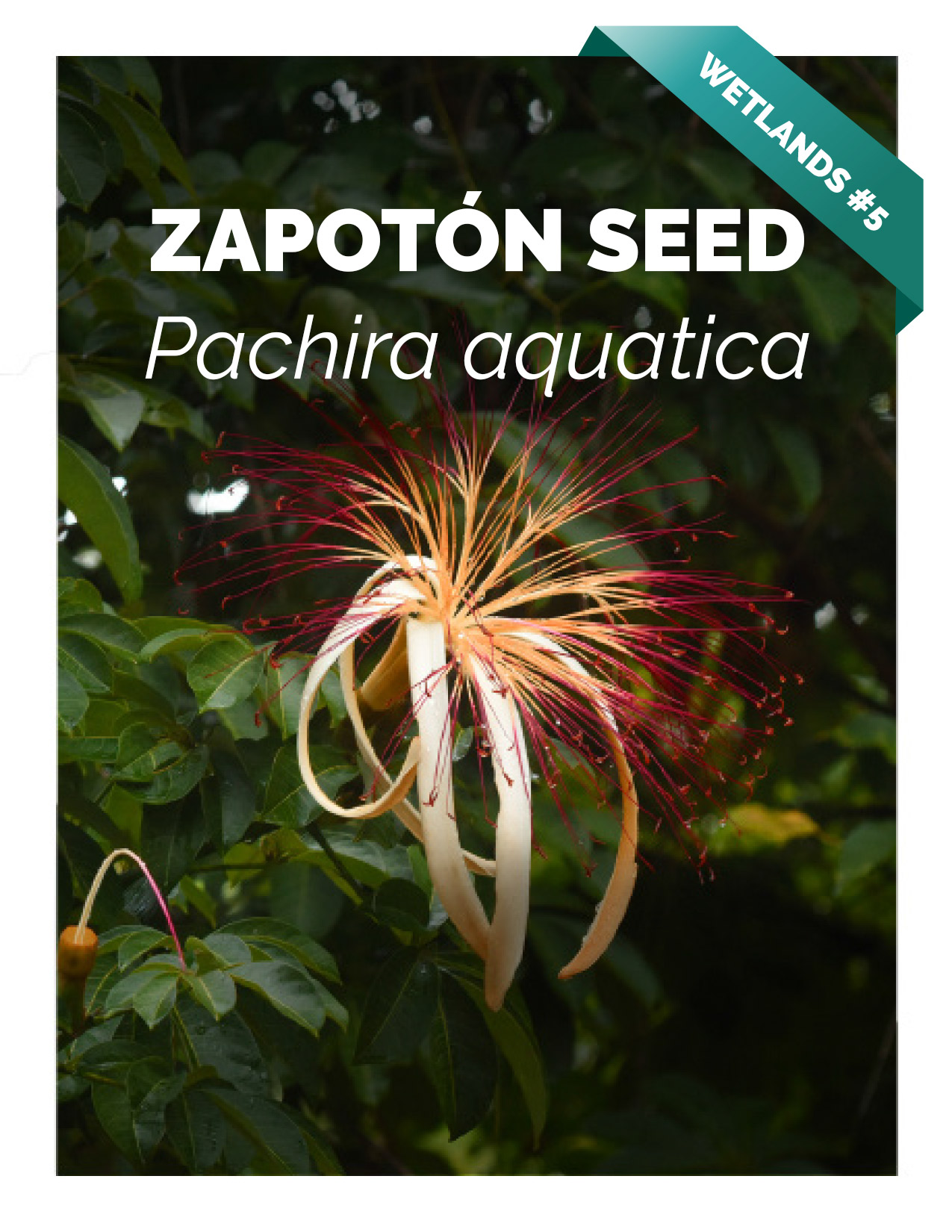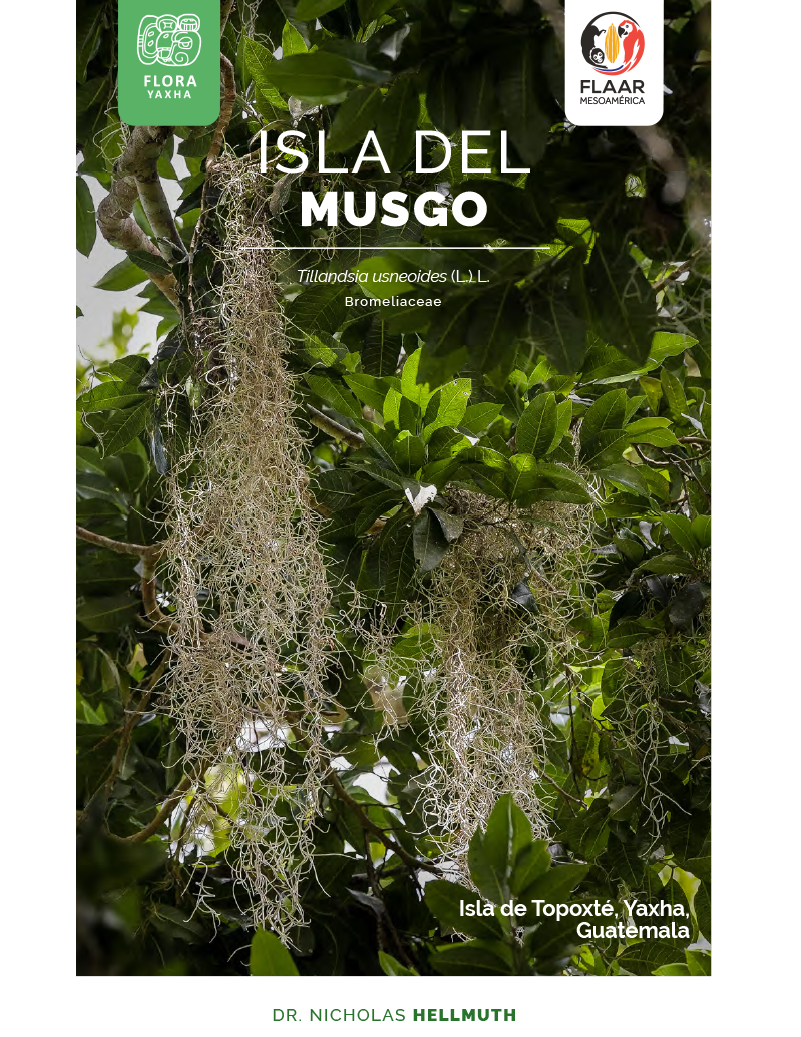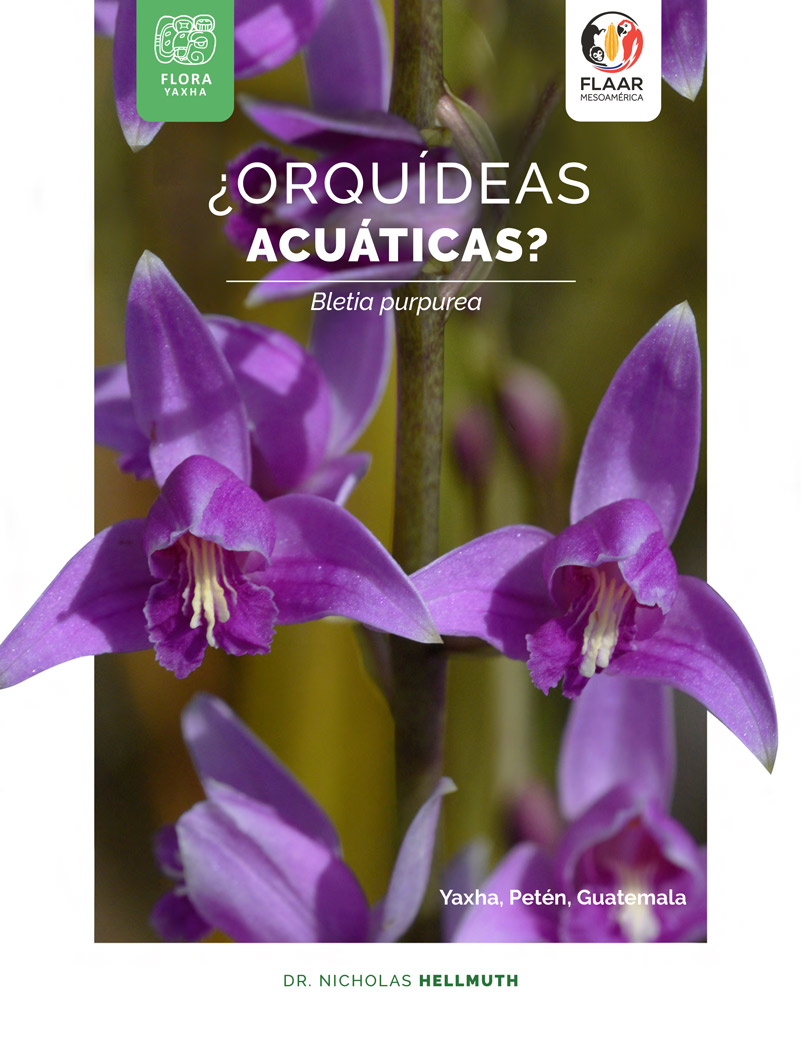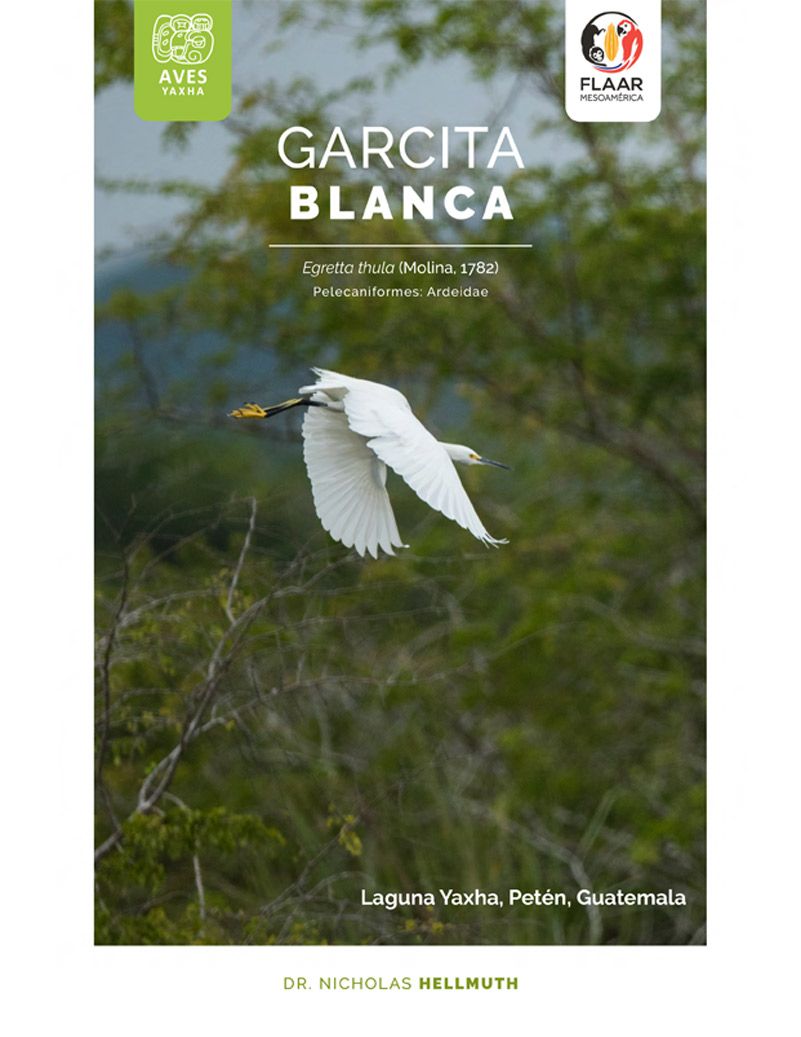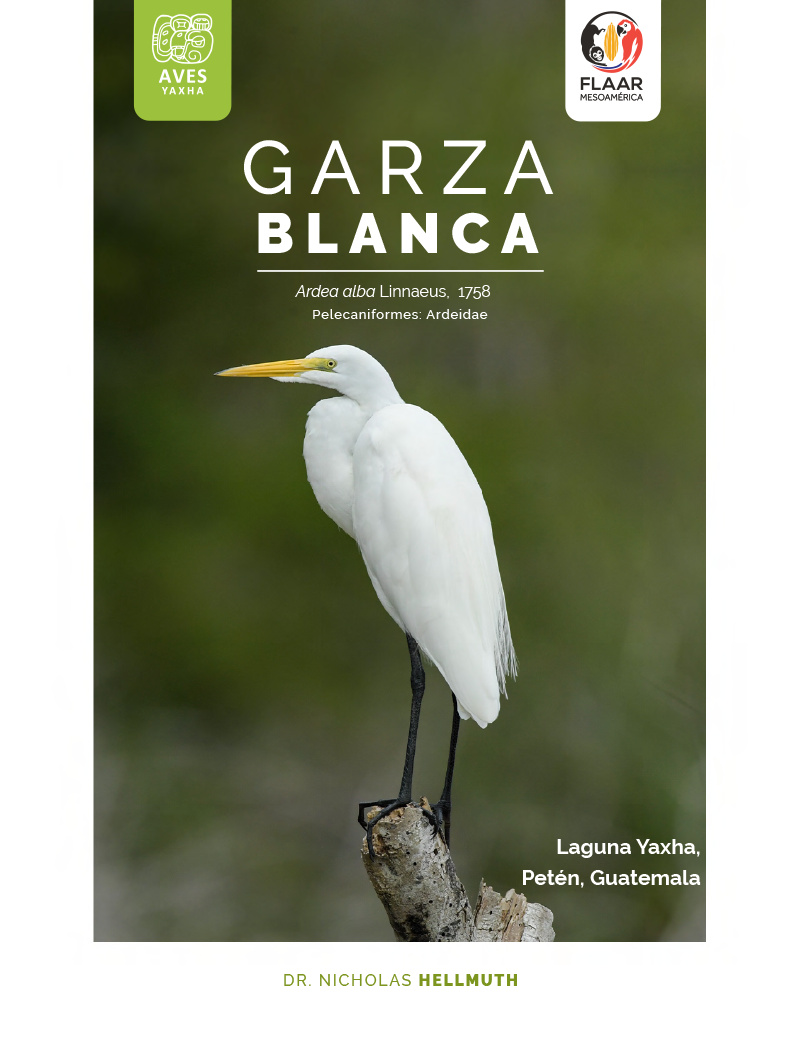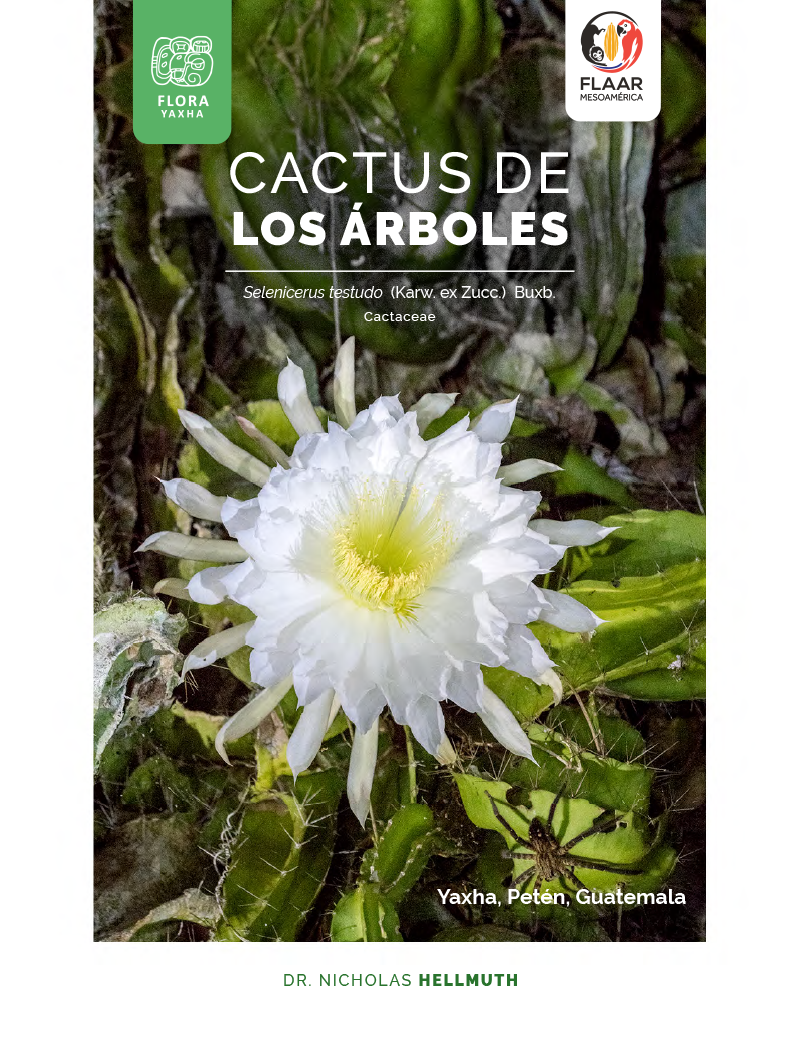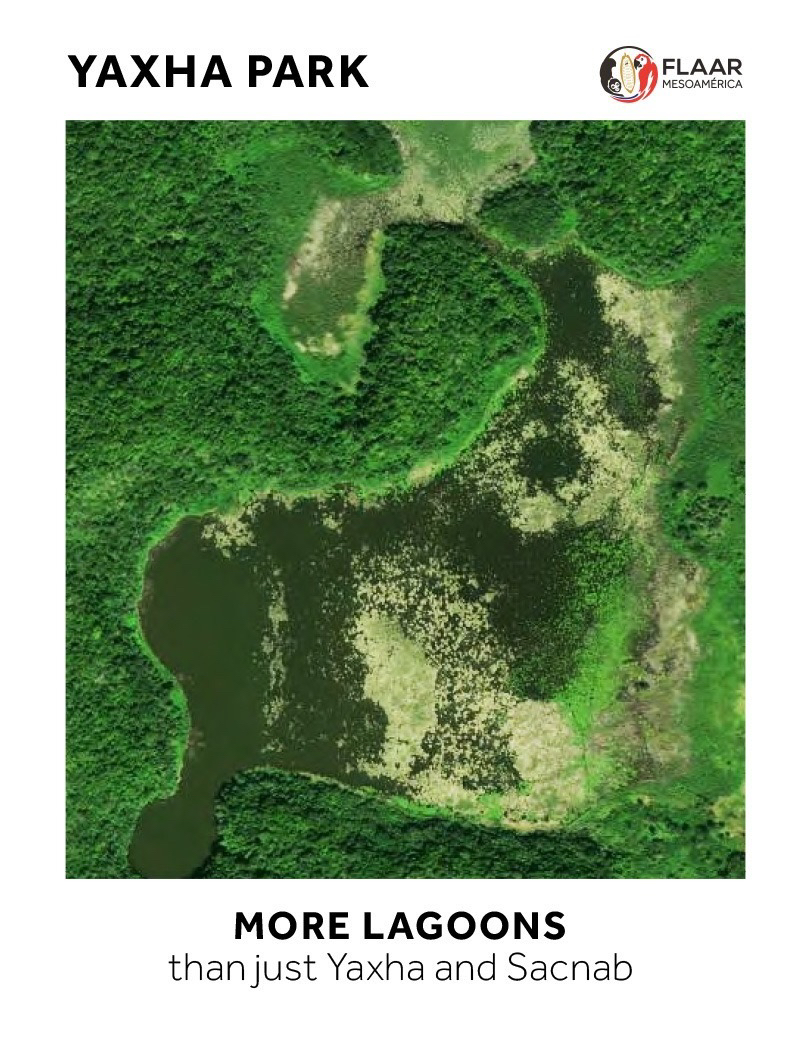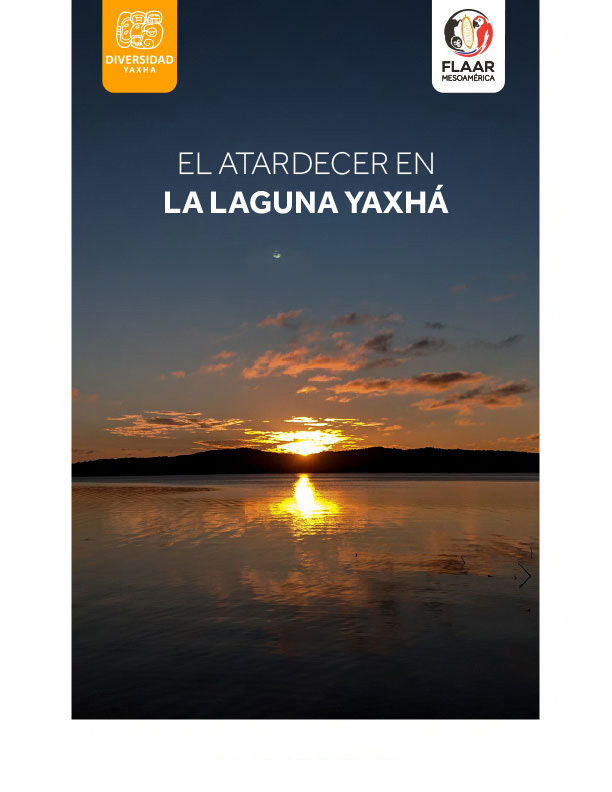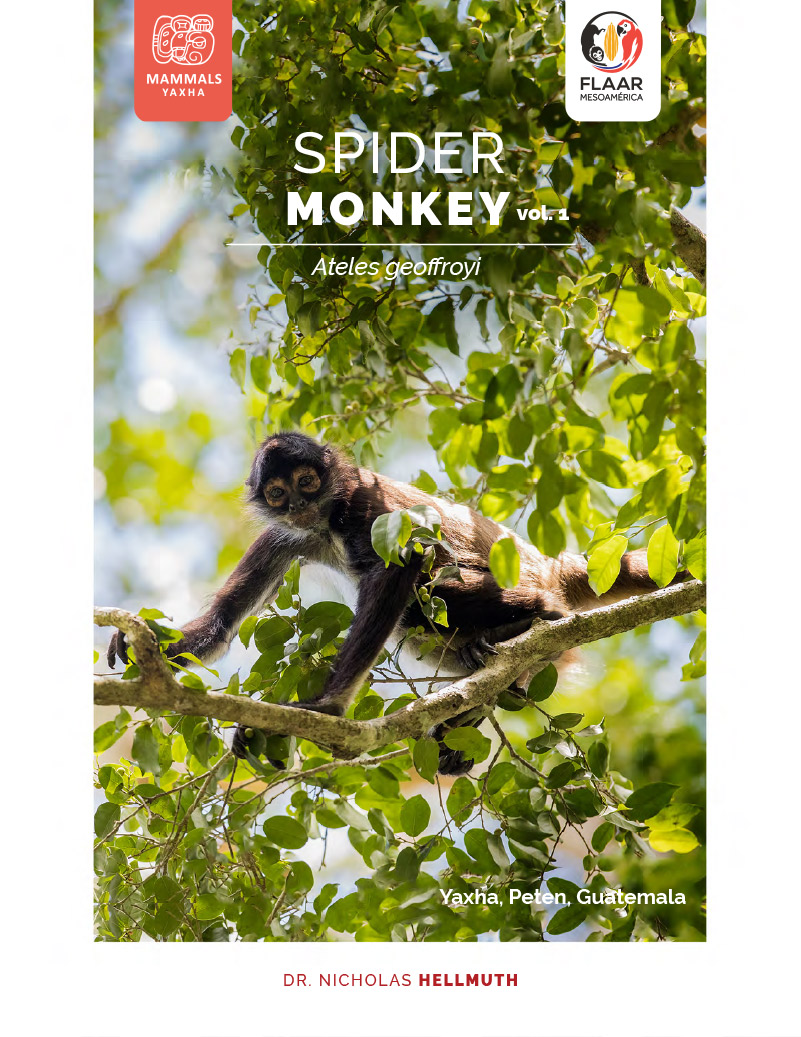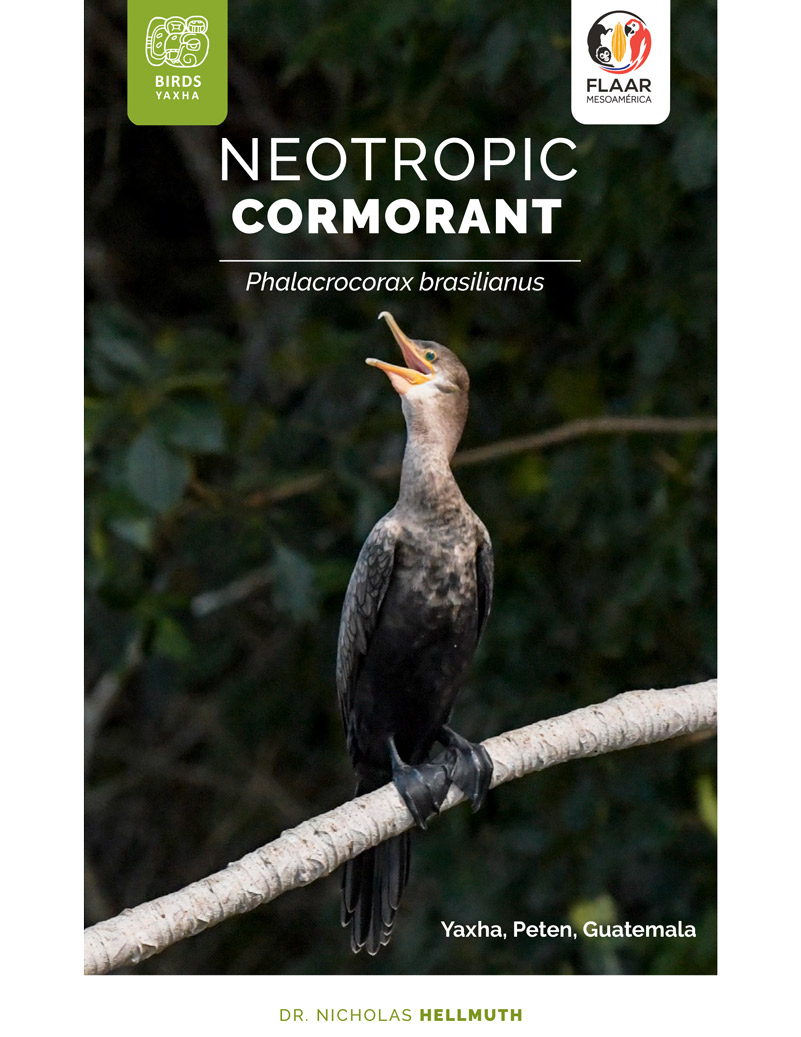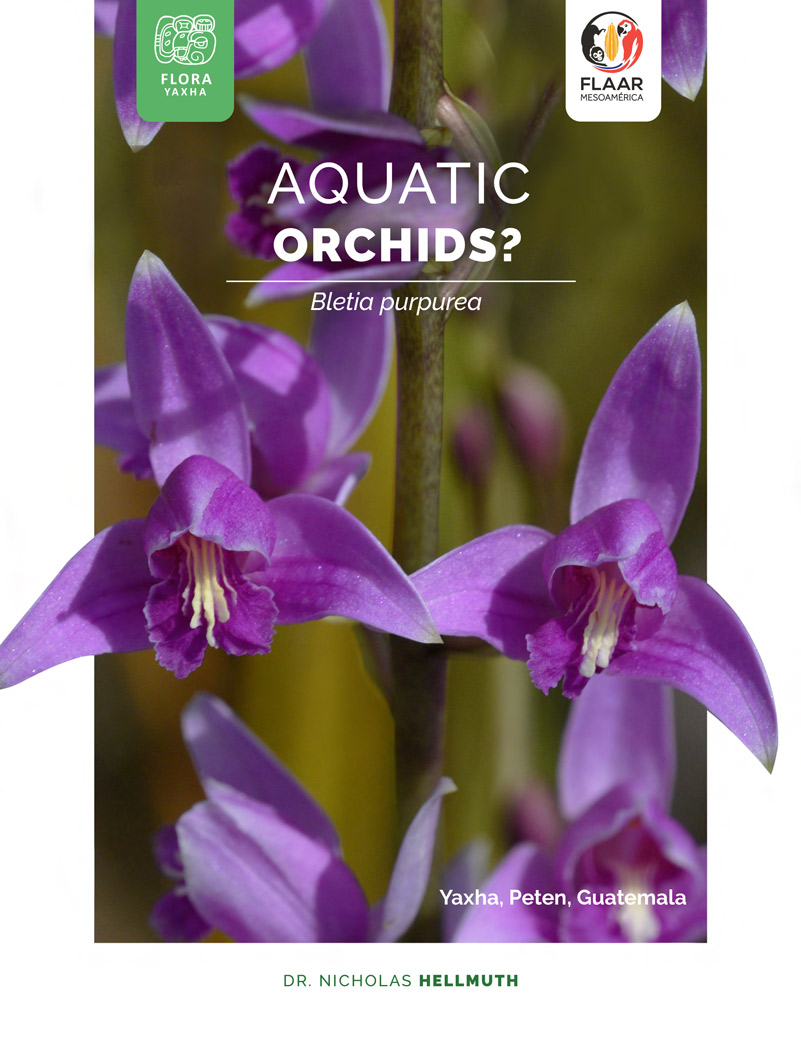Description
Marañón or Cashew tree (Anacardium occidentale) is native from the tropical zone of Brazil, but is currently distributed in different tropical countries, from southern Mexico to Peru and Brazil, in Cuba and Trinidad, and is also cultivated in India and Malaysia. It is a small or medium tree that can reach a height between 1.5 m to 15 m or even up to 20 m in commercial plantations. Its crown is wide, dense, irregular or globose in shape, with extended foliage, more than 10 m in diameter in old trees. Simple and alternate leaves, obovate or elliptical. Its flowers are small and aromatic of greenish or gray color with a little pink to reddish tinge. Only 1 or 2 fruits per group of flowers mature. The fruit does not open by itself. Its seeds are dicotyledonous and reniform; the cotyledons are white and contain a small embryo, surrounded by a hard pericarp. There is a single seed that usually reaches a third of the weight of the fruit (CONABIO, n.d).
Uses
According to CONABIO (n. d.) these are some of the uses of Marañon:
- Adhesive: From the bark emanates a rubber used in the manufacture of rubbers, glues or varnishes.
- Flavoring: Aromatic essential oils are extracted from the flowers.
- Dyes: From the milky sap an indelible ink is prepared that is used for marking, for dyeing cotton and linen, for tattoos (Africa) and in the printing press.
- Fuel: Firewood and charcoal.
- Edible: The fruits and seeds are consumed in different ways around the world.
- Construction: Wood is used to build.
- Cosmetic: From the juice of the false fruit substances are extracted for the manufacture of cosmetic products.
- Tanning agent: Tannins for tanning hides.
- Beverages: The fleshy receptacle of the fruit (hipcarp) is used to make alcoholic and fermented beverages.
- Fodder
- Insecticide: The oil from the bark and the fruit is used for the manufacture of insecticides.
- Medicinal: it has antidisenteric, anti-inflammatory, antitussive, antiparasiticidal, aphrodisiac, astringent, diuretic, febrifuge, hypoglycemic, hypotensive, purgative, refrigerant, stomachic and tonic properties.
PDF, Articles, Books on Anacardium occidentale
- 2001
- Anacardium occidentale. Fitoterapia, 72(3):286-7.
Available Online:
www.researchgate.net/profile/David-Akinpelu-2/publication/
12039379_Antimicrobial_activity_of_Anacardium_occidentale
_bark/links/5e78715f4585157b9a546cdf/Antimicrobial-activity-
of-Anacardium-occidentale-bark.pdf
- 2011
- Antioxidant and antimicrobial activity using different extracts of Anacardium occidentale L. International journal of applied biology and pharmaceutical technology. Vol. 2, No. 3. Pages 436-443.
Available Online:
www.ijabpt.com/pdf/26061-Vijayakumar[1][2].A.pdf
- 2009
- Evaluation of Antimicrobial Activity of Anacardium occidentale (Linn.). Advances in Medical and Dental Sciences, 3 (1). pp. 1-3.
Available Online:
http://eprints.covenantuniversity.edu.ng/6076/#.YP8BnY4zbIU
- 1990
- Plants used in Guatemala for the treatment of gastrointestinal disorders. 1. Screening of 84 plants against enterobacteria. Journal of Ethnopharmacology
Vol. 30, Issue 1, pages 55-73.
Available Online:
www.sciencedirect.com/science/article/abs/pii/037887419090017N
- 2013
- Evaluation of the activity of Guatemalan medicinal plants against cancer cell lines and microbes. Journal of Medicinal plants research. Vol. 7, No. 35. Pages 2616-2627.
Available Online:
www.academicjournals.org/article/article1380727921_
Cates%20et%20al.pdf
- n.d.
- Anacardium occidentale, Anacardiaceae. Árboles de Centroamérica. 8 pages.
Available Online:
www.arbolesdecentroamerica.info/index.php/es/species/item/download/44_139a926d40a9a3032dd7ced00f1bd39b
- n.d.
- Anacardium occidentale.
Available Online:
www.conabio.gob.mx/conocimiento/info_especies/arboles/doctos/1-anaca1m.pdf
- 2016
- Antimicrobial and Antioxidant activity of Anacardium occidentale L. Flowers in comparison to bark and leaves extracts. Journal of Biosciences and Medicines. Vol. 4. Pages 87-99.
Available Online:
https://file.scirp.org/pdf/_2016042817150963.pdf
- 1991
- Antibacterial agents from the cashew Anacardium occidentale (Anacardiaceae) nut shell oil. J. Agric. Food Chem. Vol. 39, No. 2, pages 418–421.
Available Online:
https://pubs.acs.org/doi/10.1021/jf00002a039
- 1973
- The botany, origin, and spread of the cashew Anacardium occidentale. Journal of Plantation Crops, Vol. 1, No.1-2, pages 1-7.
Available Online:
www.cabdirect.org/cabdirect/abstract/19746703938
- 1993
- Antitumor agents from the cashew (Anacardium occidentale) apple juice. J. Agric. Food Chem., 41, 6, 1012–1015.
Available Online:
https://pubs.acs.org/doi/pdf/10.1021/jf00030a035
- 1997
- Formative-period subsistence and forest-product extraction at the Yarumela Site, Honduras. Cambridge University Press. Ancient Mesoamerica. Vol. 8. Pages 63-74.
- 2012
- Anacardium occidentale. In: Edible Medicinal and Non-Medicinal Plants. Springer, Dordrecht.
Available Online:
https://link.springer.com/chapter/10.1007/978-90-481-8661-7_6#citeas
- 2015
- Antioxidant compounds, antioxidant activity and phenolic content in peel from three tropical fruits from Yucatan, Mexico. Food Chemistry, Vol. 166, Pages 17-22.
Available Online:
www.sciencedirect.com/science/article/abs/pii/S0308814614008437
- 1990
- Cardol: The antifilarial principle from Anacardium occidentale. Current Science
Vol. 59, No. 9, pages 477-479.
Available Online:
https://www.jstor.org/stable/24093746
Suggested webpages with photos and information on Anacardium occidentale
www.conabio.gob.mx/conocimiento/info_especies/arboles/doctos/1-anaca1m.pdf
Information.
www.youtube.com/watch?v=eWbZcrick_A
Video about the cashew tree.
www.worldagroforestry.org/treedb/AFTPDFS/Anacardium_occidentale.PDF
Information and photos.
www.hort.purdue.edu/newcrop/duke_energy/Anacardium_occidentale.html
Information.
http://tropical.theferns.info/viewtropical.php?id=Anacardium+occidentale
Information and photos.
www.gbif.org/species/5421368
Photos and map location.
www.edenproject.com/learn/for-everyone/plant-profiles/cashew
Information and photos.
Updated July, 2021
by Vivian Hurtado, FLAAR Mesoamerica.
First posted October, 2018


